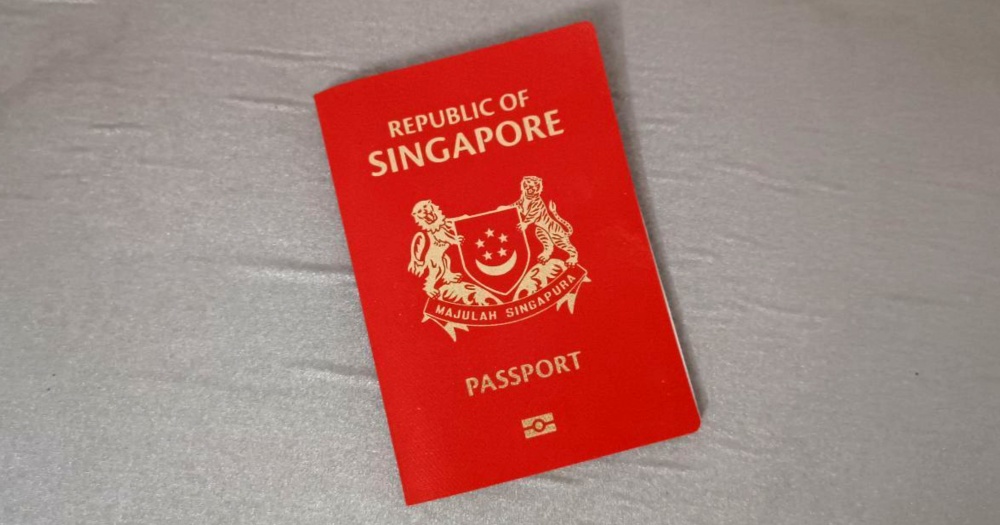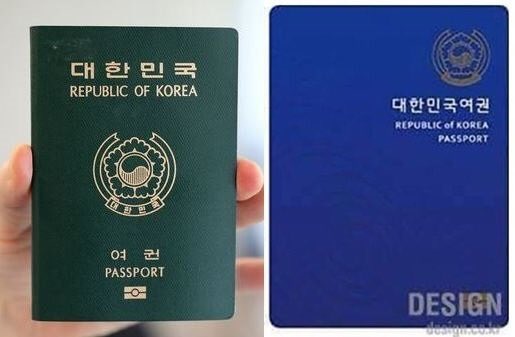
In today's world, the significance of a strong passport extends beyond mere travel convenience; it embodies a nation’s global standing, economic stability, and diplomatic relationships.
As we delve into the details of the six most powerful passports—those of Singapore, Japan, South Korea, Germany, Spain, and France—it's essential to consider the broader implications of their strength, including travel benefits, international relations, and the economic advantages they confer to their holders.
Singapore: The Pinnacle of Passport Power

Singapore’s passport, ranked as the strongest globally, allows access to 195 destinations without the need for a visa. This passport's strength is indicative of Singapore's strategic positioning as a global financial hub and its commitment to maintaining robust international partnerships. The ease of travel for Singaporean citizens not only facilitates tourism but also promotes business opportunities, attracting foreign investment.
Furthermore, Singapore's efficient immigration processes and strong security measures enhance its reputation, making it a desirable destination for travelers.
Japan: A Long-Standing Leader

Japan's passport, granting visa-free access to 193 countries, highlights the nation’s stability and reliability in diplomatic relations. Japanese citizens can travel to many countries without facing the stress of visa applications, which fosters cultural exchange and international cooperation. Japan's involvement in global organizations, such as the G7 and ASEAN, further strengthens its diplomatic ties, ensuring that Japanese travelers can move freely while promoting peace and collaboration across borders. The country's emphasis on safety and hospitality also enhances its appeal as a travel destination.
Finland: A Model of Governance

Finland’s passport, providing access to approximately 191 countries, exemplifies the benefits of effective governance and a strong welfare system. Finnish citizens enjoy not only seamless travel but also a high quality of life, supported by the country's education, healthcare, and social services.
Finland's active participation in international agreements, such as the Schengen Area, allows for easier movement within Europe. Additionally, Finland’s reputation for neutrality and strong commitment to human rights positions it favorably in international diplomacy, further bolstering the strength of its passport.
Italy: Cultural Heritage Meets Global Diplomacy

With access to around 191 countries, Italy’s passport reflects the country's rich cultural heritage and influential role in global affairs. As a founding member of the European Union, Italian citizens benefit from the freedom to travel, live, and work throughout the EU. This access not only enhances personal travel experiences but also opens doors for business ventures and educational pursuits.
Italy's diplomatic engagement in international organizations, such as the United Nations, further strengthens its global standing, ensuring that Italian passport holders are welcomed in various parts of the world.
Germany: Economic Powerhouse

Germany’s passport enables visa-free or visa-on-arrival access to 191 countries, making it one of the most sought-after travel documents in Europe. The strength of the German passport reflects the country’s economic stability, robust export-driven economy, and influential role within the EU.
Germans traveling abroad benefit from a strong legal framework that protects their rights as travelers. Germany's active participation in international trade agreements and its leadership in environmental initiatives enhance its global reputation, making travel smoother for its citizens while promoting sustainable practices.
South Korea: Rising Influence

Rounding out this elite group, South Korea’s passport provides access to 192 countries, reflecting the nation’s growing global influence. The South Korean government has worked diligently to strengthen its diplomatic relationships, which has resulted in increased travel freedom for its citizens. The rise of K-pop and Korean culture has also boosted South Korea’s soft power, making its passport increasingly desirable.
South Korean travelers benefit from a wide array of bilateral agreements that facilitate easier travel, trade, and cultural exchange, allowing for deeper connections with other nations.
The passports of Singapore, Japan, South Korea, Germany, Spain, and France highlight the interplay between diplomatic relations, economic stability, and global mobility. Each passport represents not only the ability to travel freely but also the underlying principles of good governance, cultural heritage, and international cooperation.
As globalization continues to reshape the world, these powerful travel documents allow their holders to navigate the globe with confidence, fostering connections that extend beyond borders. For travelers, these passports are more than just a means to cross borders; they symbolize the potential for cultural exchange, economic opportunities, and enhanced global understanding.

.jpg)
.jpg)
.jpg)
.jpg)

 (1).jpg)
.jpg)
 (1).jpg)
.jpg)







.jpg)

 (1).jpg)
.jpg)
.jpg)




.jpg)
.jpg)
.jpg)

.jpg)





.jpg)


.jpg)




.jpg)
.jpg)
.jpg)
.jpg)





 (1).jpg)
.png)
.jpg)
.jpg)